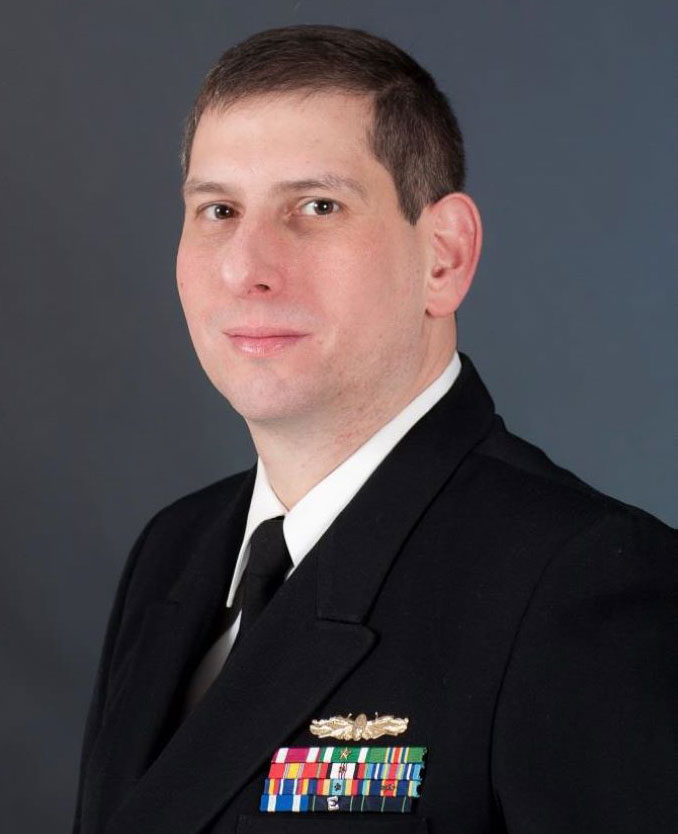Regenerative Medicine Consortium Will Develop Innovative Trauma and Critical Care Therapies

The U.S. Army Medical Research and Development Command's Combat Casualty Care Research Program recently named the Wake Forest Institute for Regenerative Medicine in Winston Salem, North Carolina, as coordinator for the Armed Forces Institute of Regenerative Medicine research consortium, a multi-institutional network that leverages the combined expertise of the DOD, the McGowan Institute for Regenerative Medicine and the RegenMed Development Organization to develop advanced treatment options for severely wounded Service Members.
A $40 million Defense Health Agency award, issued under the auspices of the nonprofit Medical Technology Enterprise Consortium, will fund the AFIRM consortium of academic laboratories and industry partners through 2028. The AFIRM will support research into the use of regenerative medicine in six focus areas:
- Craniofacial regeneration
- Extremity regeneration
- Genitourinary/ lower abdomen
- Skin and wound healing
- On-demand blood
- Cellular therapies for trauma
Under the guidance of the DOD and in collaboration with WFIRM, the AFIRM funds research to minimize the risk of technologies and accelerate the translation of regenerative medicine to clinical practice and the global market. With a plethora of expertise and resources at its disposal, AFIRM provides the space for academia and enterprise to join forces for the shared goal of improving patient outcomes and embracing innovative capabilities in health care.
"We have a solemn obligation to provide the best care to our nation's injured Warfighters," says Capt. Travis Polk, CCCRP director. "In addition to developing new ways to save lives on the battlefield, we must also develop novel solutions that accelerate healing, optimize functional recovery and improve the quality of life for our wounded Service Members."

CCCRP is responsible for the planning, programming, budgeting and execution of funding investments in the AFIRM's six topic areas. Its mission is to improve survival and recovery from combat-related injuries through the development of innovative medical care and advanced technologies. Through its support for in-house research and investment in key research areas, CCCRP is focused on improving hemorrhage control and resuscitation, enhancing forward-area surgical and critical intensive care, improving care provided during transport and advancing care for traumatic brain injury and other forms of neurological trauma.
"The opportunity to take some of these early innovative scientific advances and get them closer to the point of being applied to improve the outcomes for injured Warfighters is really exciting," says Dr. Therese West, CCCRP's civilian deputy director.
There have been several versions of AFIRM over the past 16 years as it has adapted to changes in focus areas while continuing to ensure that military needs are thoroughly supported. Altogether, the various AFIRMs have funded research that has resulted in 25 clinical trials, and AFIRM-funded medical technologies have been used to treat hundreds of patients.
"We are excited about collaborating with Wake Forest University and our consortium partners to bring regenerative medicine interventions closer to the point of injury," says Dr. Jenifer Ojeda, CCCRP's portfolio manager for regenerative medicine and wound management, who manages the operation of the AFIRM consortium and who, along with Dr. Kimberly Pope, CCCRP's portfolio manager for prolonged care, outlined the focus and management structure of this newest AFIRM. "We welcome the opportunity to work with new industry partners as we advance these solutions for our injured Warfighters."














